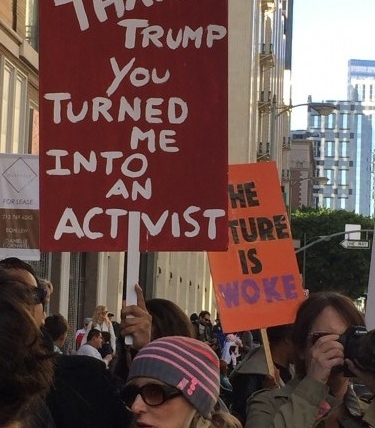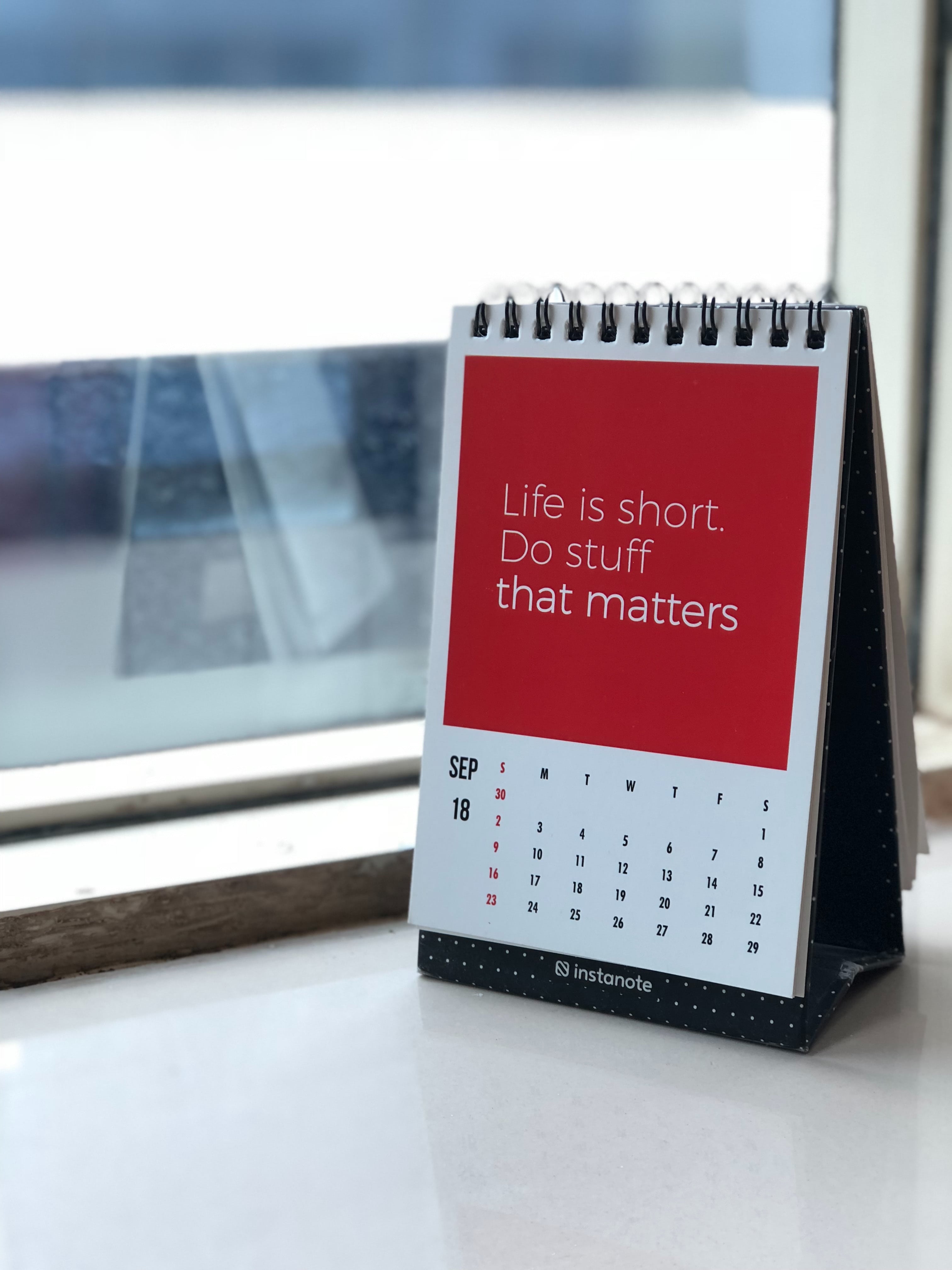“Crown Heights” Delivers an Arresting Story About Our Criminal Justice System
The new film “Crown Heights” is a crime story, a legal drama, a love story, and a tale of enduring friendship all rolled into one.
It’s a true story, yet it’s scripted. More than anything, it’s a strong commentary on what President Obama described as “one aspect of American life that remains particularly skewed by race and by wealth, a source of inequity that has ripple effects on families and on communities and ultimately on our nation—and that is our criminal justice system.”
Coming to theaters next month, “Crown Heights” is a narrative drama based on the story of Colin Warner, who was arrested at age 18 and spent 21 years in jail for a crime he did not commit—a function of systemic failures in convictions and sentencing. A black man from the Brooklyn neighborhood that lends its name to the film, Colin Warner is played by Lakeith Stanfield, who previously appeared in Jordan Peele’s highly acclaimed “Get Out.” Writer-director Matt Ruskin conceived “Crown Heights” after hearing about Warner’s case on NPR’s “This American Life.” The film won the Audience Award at the 2017 Sundance Film Festival.
ProSocial is on board to help “Crown Heights” reach audiences and contribute to discussion about the state of our criminal justice system, and we’re excited to be collaborating again with two previous clients, Amazon Studios and IFC Films, which are jointly distributing the film. As we share “Crown Heights” with organizations like the Innocence Project and the Vera Institute of Justice, which are working hard to reform mass incarceration, wrongful convictions, and solitary confinement, they’re excited about the power of its dramatic story to bring attention to these issues.
In the course of our outreach, we’ve been struck by these facts:
With more than 2 million people incarcerated, the United States has 25% of the world’s prison population, despite being only 5% of the world’s population, according to a Pew Center on The States report.
At least 1 in 25 people who are sentenced to death are innocent, a 2014 study by the National Academy of Sciences found based on statistical analysis of historical exonerations of death row inmates.
Black men are six times as likely to be incarcerated as white men, says an NAACP report, and Hispanic men are incarcerated at twice the rate of white men. Beyond socioeconomic factors, the ACLU cites racial disparities found to occur “at every stage of the criminal justice system, including stops and searches, arrests, prosecutions and plea negotiations, trials, and sentencing.”
The annual economic burden of mass incarceration is estimated at $1 trillion, when you account for diminished incomes of ex-convicts, lower life expectancies, and negative effects on family and communities, note researchers at Washington University in St. Louis.
The majority of states allow minors to be sentenced to life without parole—making the United States the only country that legally condemns juvenile offenders to life behind bars—though making this practice mandatory for certain offenses was recently ruled unconstitutional, according to The Sentencing Project.
Colin Warner spent four years in solitary confinement, after he punched an abusive prison guard. The former UN Special Rapporteur on Torture, Juan Méndez, considers any length of time over 15 days to constitute torture.
ProSocial is organizing “Crown Heights” screenings and discussions in August (in Atlanta, Berkeley, Chicago, Philadelphia, and Washington, D.C.) that will feature esteemed panelists varying by location, including public officials and representatives from the ACLU, The Sentencing Project, the Southern Poverty Law Center, and more.
“Crown Heights” opens in theaters on August 25. Mark your calendar and watch the trailer!



